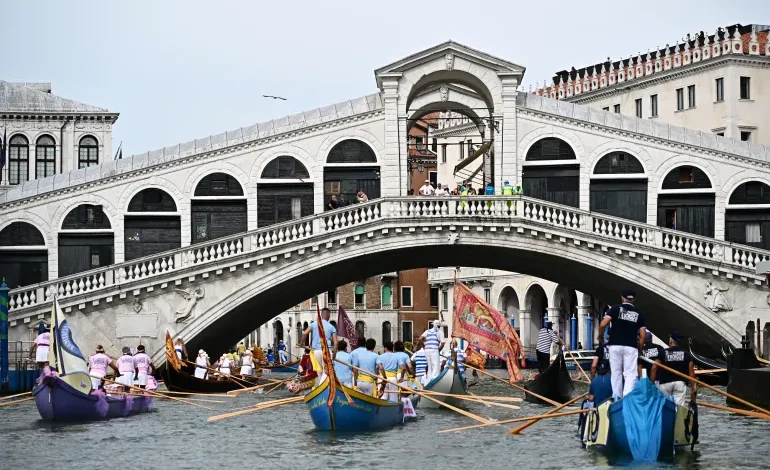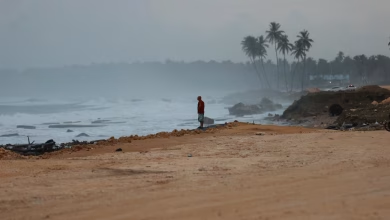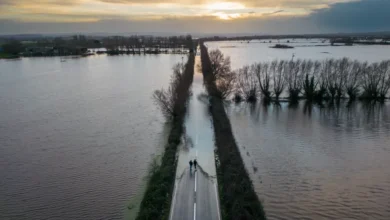Venice entry tax failed to deter tourists, critics say

Venice has wrapped up its pilot programme of charging a 5-euro ($5.46) entrance fee for day trippers arriving on particularly congested days, after opponents called the experiment a failure.
Authorities in the famed Italian destination, also a UNESCO World Heritage Site, in April introduced an entrance levy, hoping it would deter some people from visiting. The system was designed to manage the flow of tourists when visitor numbers are at their peak.
But on Saturday, several dozen activists gathered outside the Santa Lucia train station overlooking a teeming canal to protest the entrance fee, saying that it did little to dissuade visitors from arriving on peak days, as envisioned.
“The ticket is a failure, as demonstrated by city data,” said Giovanni Andrea Martini, an opposition city council member.
Over the first 11 days of the trial period, an average of 75,000 visitors were recorded in the city. Martini said that was 10,000 more each day than on three indicative holidays in 2023, citing figures provided by the city based on cellphone data that tracks arrivals in the city.
Simone Venturini, the city councillor responsible for tourism and social cohesion, said the initial assessment of the programme was positive and confirmed the system would be renewed in 2025, but acknowledged that there were still large crowds.
“On some weekends there were less people than the same time last year … but no one expected that all the day trippers would miraculously disappear,” he told the Reuters news agency.
“It will be more effective in the coming years when we increase the number of days and lift the price,” he added, without saying how much visitors might have to pay in 2025.
A proposal to double the fee to 10 euros ($10.92) is being considered for next year, a city spokesman added.
‘Makes Venice a museum’
Over the last two and a half months, nearly 438,000 tourists have paid the entrance tax, raising revenues of some 2.19 million euros ($2.4m), according to The Associated Press news agency, based on data supplied by the city.
The levy was not applied to people staying in hotels in Venice, who are already charged a lodging tax. Exemptions also applied to children under 14, residents of the region, students, workers and people visiting relatives, among others.
Officials have said the money would be used for essential services, which cost more in a city traversed by canals, including rubbish removal and maintenance.
Opponents of the plan want policies that encourage the repopulation of Venice’s historic centre, which has been losing residents to the more convenient mainland for decades, including placing limits on short-term rentals.
“Wanting to raise this [entrance fee] to 10 euros, is absolute useless. It makes Venice a museum,” Martini said.










